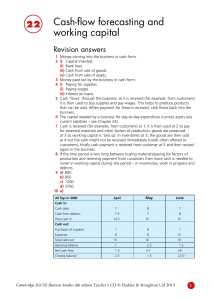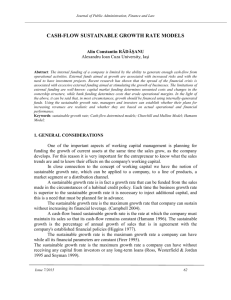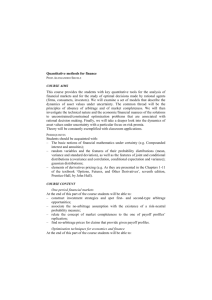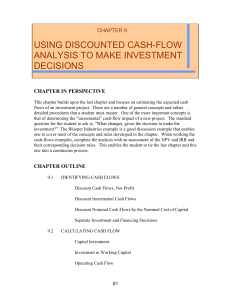Held Accountable: A Transition From Corporate to Cash-Flow
advertisement
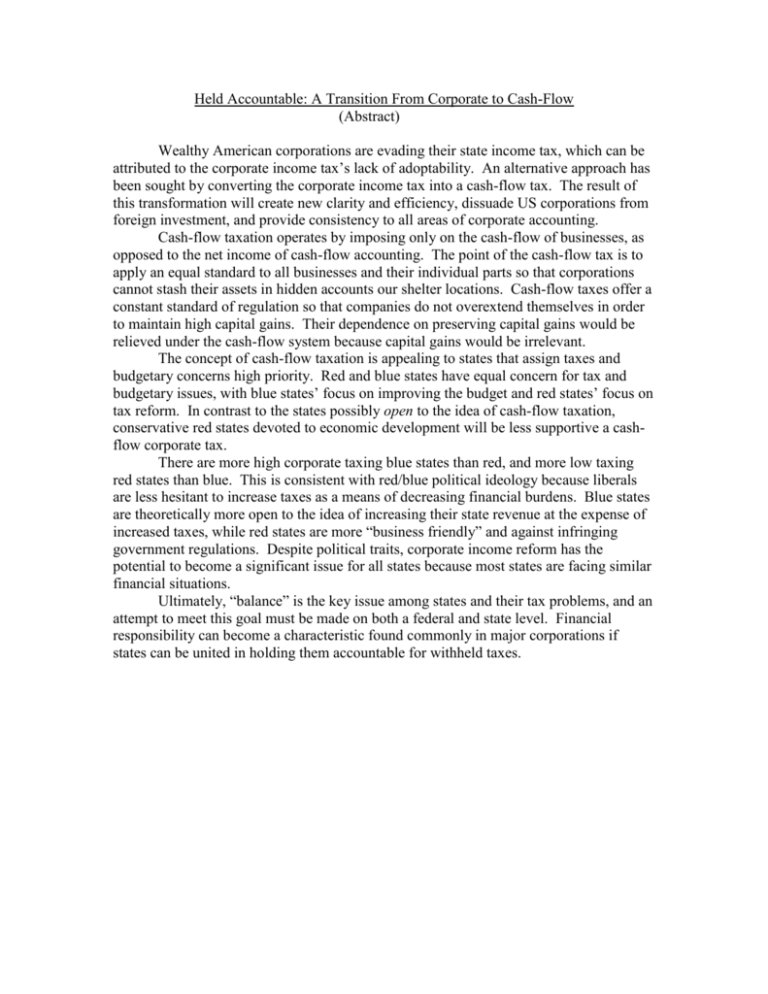
Held Accountable: A Transition From Corporate to Cash-Flow (Abstract) Wealthy American corporations are evading their state income tax, which can be attributed to the corporate income tax’s lack of adoptability. An alternative approach has been sought by converting the corporate income tax into a cash-flow tax. The result of this transformation will create new clarity and efficiency, dissuade US corporations from foreign investment, and provide consistency to all areas of corporate accounting. Cash-flow taxation operates by imposing only on the cash-flow of businesses, as opposed to the net income of cash-flow accounting. The point of the cash-flow tax is to apply an equal standard to all businesses and their individual parts so that corporations cannot stash their assets in hidden accounts our shelter locations. Cash-flow taxes offer a constant standard of regulation so that companies do not overextend themselves in order to maintain high capital gains. Their dependence on preserving capital gains would be relieved under the cash-flow system because capital gains would be irrelevant. The concept of cash-flow taxation is appealing to states that assign taxes and budgetary concerns high priority. Red and blue states have equal concern for tax and budgetary issues, with blue states’ focus on improving the budget and red states’ focus on tax reform. In contrast to the states possibly open to the idea of cash-flow taxation, conservative red states devoted to economic development will be less supportive a cashflow corporate tax. There are more high corporate taxing blue states than red, and more low taxing red states than blue. This is consistent with red/blue political ideology because liberals are less hesitant to increase taxes as a means of decreasing financial burdens. Blue states are theoretically more open to the idea of increasing their state revenue at the expense of increased taxes, while red states are more “business friendly” and against infringing government regulations. Despite political traits, corporate income reform has the potential to become a significant issue for all states because most states are facing similar financial situations. Ultimately, “balance” is the key issue among states and their tax problems, and an attempt to meet this goal must be made on both a federal and state level. Financial responsibility can become a characteristic found commonly in major corporations if states can be united in holding them accountable for withheld taxes.

